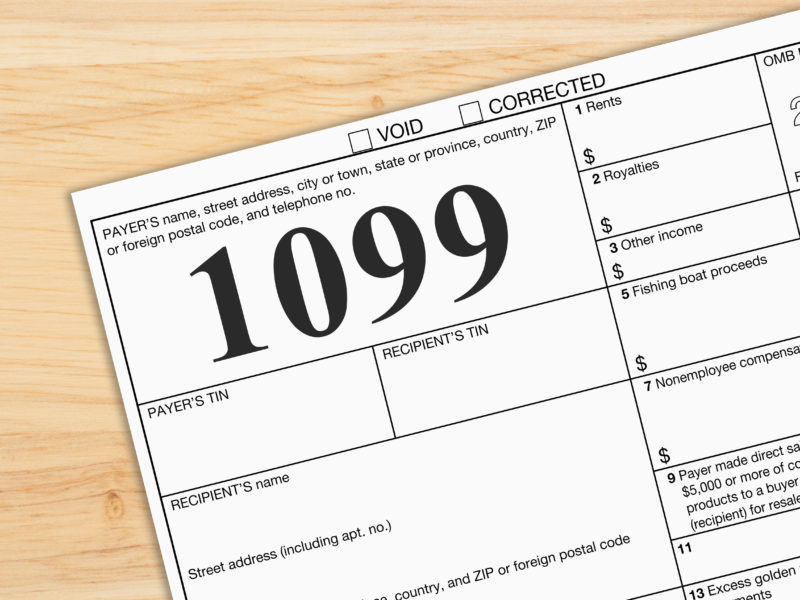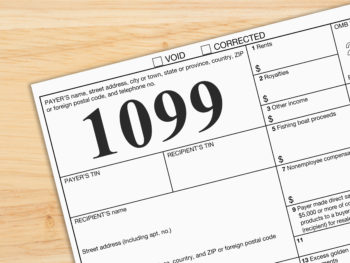The old adage about the certainty of taxation is also true in debt relief. When a creditor cancels a debt, the Internal Revenue Service considers that to be taxable income. It’s also called “debt forgiveness income.”
As discussed in a previous post on Debt Settlement, if you agree to settle a debt as opposed to fighting it off completely, you may be saving money now, but the rest of the debt the creditor forgives becomes money you gained, from the perspective of the IRS.
If the creditor is a debt buyer, a company who purchased your debt for a small fraction of the amount you actually owed the original creditor, you could be paying taxes on “gaining” money which the debt buyer never “lost.” This is because most debt buyers purchase your debt for somewhere around an average of 4.0 cents per dollar of debt face value.
How to avoid paying taxes on debt cancellation, if you receive a 1099-C from a creditor?
The easiest way is applicable only to those who file a bankruptcy petition during the tax year of the debt forgiveness. Bankruptcy filers do not have tax liability for canceled debt.
Another way is to file IRS Form 982 with your tax return. One of the more common reasons applicable to most debt settlement cases is that you didn’t earn enough money that tax year to afford basic bills as they came due, or temporary insolvency. If you receive a 1099-C before April tax time, make sure your tax preparer knows about Form 982.
Yet another way, in the case of debt buyers, may be to fight off the claim completely for a determination that you don’t owe the debt. Many debt buyers lack the documentation needed in court to prove that it owns your debt.
IRS Circular 230 disclosure: Any tax advice contained in this memorandum (including any attachments or enclosures) was not intended or written to be used, and cannot be used, for the purpose of (i) avoiding penalties under the Internal Revenue Code or (ii) promoting, marketing, or recommending to another party any transaction or matter addressed in this memorandum. (The foregoing disclaimer has been affixed pursuant to U.S. Treasury regulations governing tax practitioners.)








 Are My Student Loans Private or Federally-Guaranteed?
Are My Student Loans Private or Federally-Guaranteed?
Leave a Reply